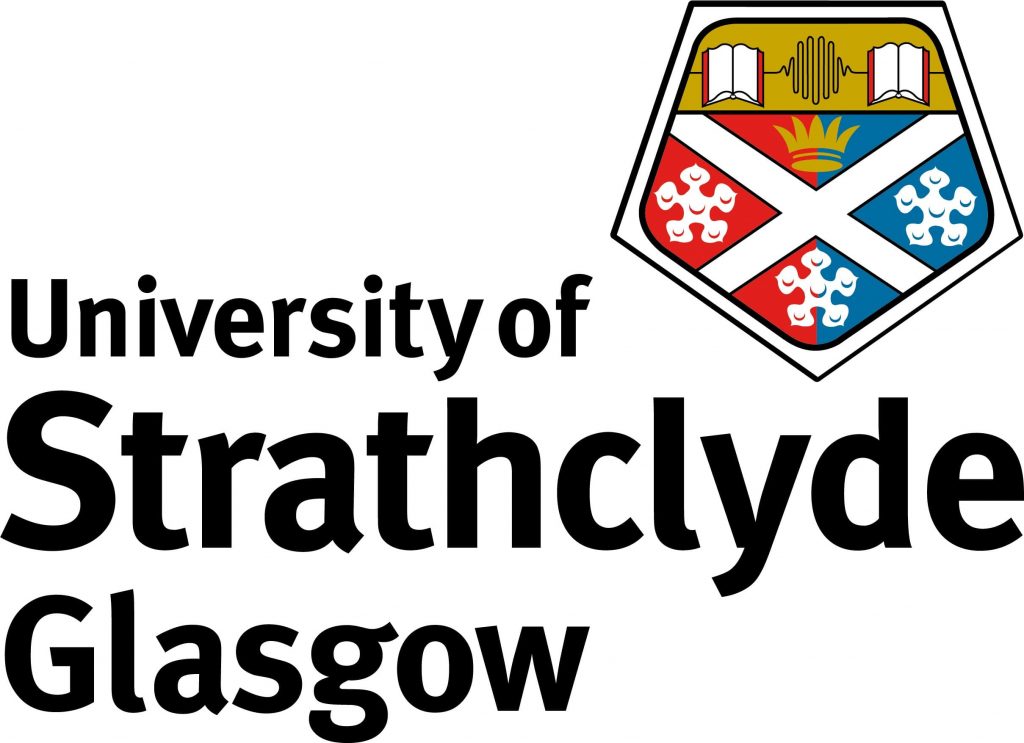At the year from lockdown event on 23 March 2021, multiple stakeholders contributed their knowledge and learning, as researchers, practitioners, policy makers, sector representatives, as well as families with first hand experience of restrictions.
The aim was to share, listen and reflect on what we have learnt, and to think about what we could take from these difficult experiences into the future.
At the date of the event, visiting restrictions to care homes had been in place for a year, with significant impact on family carers as well as residents.
The event was opened by Dr George Palattiyil, from the University of Edinburgh and Kerry Musselbrook from Iriss, beginning with a minute’s silence. This was part of a national remembrance for those lost to or who have suffered because of the pandemic.
Just prior to the event, new Scottish Government guidance had been issued, dated 24 Feb 2021: Open with care – supporting meaningful contact in care homes, with hopes that this would let relatives back in.
We were delighted to have contributions from the following, and have recorded their presentations, both a legacy of the event and a historic marker of the evidence, views’ and issues being debated – a year from lockdown.
Discussions
Discussions took place after the presentations. Chaired by Prof Lynn Jamieson, and supported by Dr Sarah Swift, this part of the event identified a number of key issues and themes a year from lockdown:
Varying practices and interpretation in Government Guidance
- Care home relatives spoke about key differences in interpretation of Scottish Government Guidance at local level and inconsistency in implementation – resulting in much confusion and frustration.
- Others spoke about the ‘fear factor’ which has played into how Care Home Providers have responded to Government Guidance. Scottish Care made the case that staff are terrified of being held culpable of letting COVID into care homes and any deaths, and of criminal action being taken: ‘It is only in Scotland that we have decided to carry out an investigation on every single person who has died in a care home, nowhere else in the United Kingdom, that has created a paralysing sense of fear and anger…’ Also, that these investigations pertain to care homes, but not to hospital staff, is seen by some as iniquitous and blaming or ‘victimising frontline care staff.’ Arguably, this has generated fear, not confidence in opening for visiting.
- The role of the regulator- the Care Inspectorate- in ensuring greater consistency in implementation of the guidelines, was questioned? The Care Inspectorate explained how they have been using ‘local huddles’ – meetings with the health and social care partnership, public health and other agencies that have an oversight of services – to look at what support can be offered to help implement the guidance. They also have a public complaints procedure in place.
- In terms of what else can be done going forward, ensuring that the guidance is simpler may be something else to take back to government.
- The question is asked as to whose decision (and responsibility) it is / should be to open care homes for visiting? Could multi-disciplinary teams be involved rather than just leaving it up to the care home manager to decide?
Re-examining what is ‘essential’
- A year from lockdown, relatives spoke about how they were still struggling to get essential and designated visits.
- In hindsight, many agree that at least one family member should have been allowed in to visit from the start of the pandemic- to prevent care home relatives, including those with dementia, from feeling alone and abandoned.
- Many agreed with this sentiment: ‘after the length of time that we’ve seen people separated, the presumption should be that all visits into care homes are (now) essential…. We need to change the language, all visiting should be prioritised, it is essential.’
- The fear that relatives have experienced also needs to be acknowledged. Many relatives were fearful that they would never see their loved ones again, in what can be their last weeks, months or year of life in a care home.
- We also need to be clearer on what palliative and end of life care should be and really support the care sector to do this better…’(So) it’s not the last hours (of life), it’s not the last days, it is a significant period of time before hand and given that, on average 80% of those in a care home are on a palliative care journey and 50% of those are what you would describe in the latter stages then we need to refocus this completely.’
- Many also wanted to know, now that care home residents have had their second vaccine, when the narrative will shift to talking about getting their relatives lives back to normal, pre-covid?
- Some reiterated that older people’s human rights had been violated during COVID.
Care homes need additional support – now and increasingly so
- Many recognised that care homes and staff need additional support, and acknowledgment for what they have had to deal with. They have had to transition to new ways of working, and deal with other parts of the health and care sector that they normally work with, being unavailable or much reduced due to COVID.
- Furthermore ‘we are now in a situation where there is a massive challenge over rehabilitative care for residents who have deteriorated and declined both psychologically ad physiologically and yet we’ve heard on this conversation this afternoon but we continually hear of a lack of access to primary care, rehabilitative physiotherapy, speech and language, podiatry, etc…’
- It was recognised that many care home staff are exhausted emotionally, with many leaving the sector ‘because they can’t contemplate another year of physical and emotional exhaustion’ or dealing with new waves of the pandemic.
- There were real concerns expressed from sector representatives that ‘unless we support frontline staff and that’s from grief, bereavement, psychological, trauma therapy to very practical care and support, then the whole sector will disintegrate, and I’m not being melodramatic in that.’
- Others cautioned that the crisis hasn’t passed, but in some senses only beginning. Dealing with this will require both focus and additional resources as we move ahead.
The event was closed by Dr Dina Sidhva from the University of the West of Scotland, who thanked everyone again for their contributions. She recognised how COVID has presented an exceptional challenge for all of us. Her plea was that we must all work together, drawing on our shared humanity to do whatever we can, big or small, to reduce the pain and suffering of others.
Since the event?
Practically all care home residents have received two vaccinations, with it reported on 1 Feb 2021, that 98% had received both jabs.
By 1 Feb 2021 Scottish Government announced that routine indoor visiting of care home residents would resume from early March with care providers supporting residents to have up to two designated visitors each and one visit a week for each visitor. 20 Feb
Scottish Government guidance (24 Feb 2021) has been followed with a letter to the sector, dated 15 July 2021, to help increase contact and activities with residents and day care services in care homes, moving to and past level 0.
Currently there are no plans to make COVID-19 vaccinations mandatory for care home staff or visitors in Scotland, despite reports of this being considered at Westminster. That said, as of 15 June, the vaccination dashboard from Public Health Scotland details that 100% of care home staff have received both doses.
Nevertheless, while it is undoubtedly true that contact between care home residents and their families has substantially increased, care home relatives report that guidance is still being interpreted or applied, differently across the sector. This may be in relation to: what constitutes ‘essential visitor status’; what happens to essential visits in scenarios where there is a positive covid test result in a home; how many ‘designated visitors’ are allowed and what flexibility is permitted in changing who goes on this list; how many visits are allowed (and where and for how long); and what social distancing measures are expected and whether people are/aren’t able to hug, hold hands (gloved or un-gloved). Campaigners criticise, what some term a ‘postcode lottery’ or discriminatory practices, with care homes residents and relatives having fewer freedoms and rights than others in the population. For this reason, Care Home Relatives Scotland continues to campaign for Anne’s Law, with legislation providing care home residents the right to see at least one caregiving relative regardless of lockdown or levels.
Care Home Relatives Scotland are also eager to see that care home residents and their families benefit from the same easing of restrictions as everyone else, with the government working towards lifting all covid restrictions on 9 August 2021.






